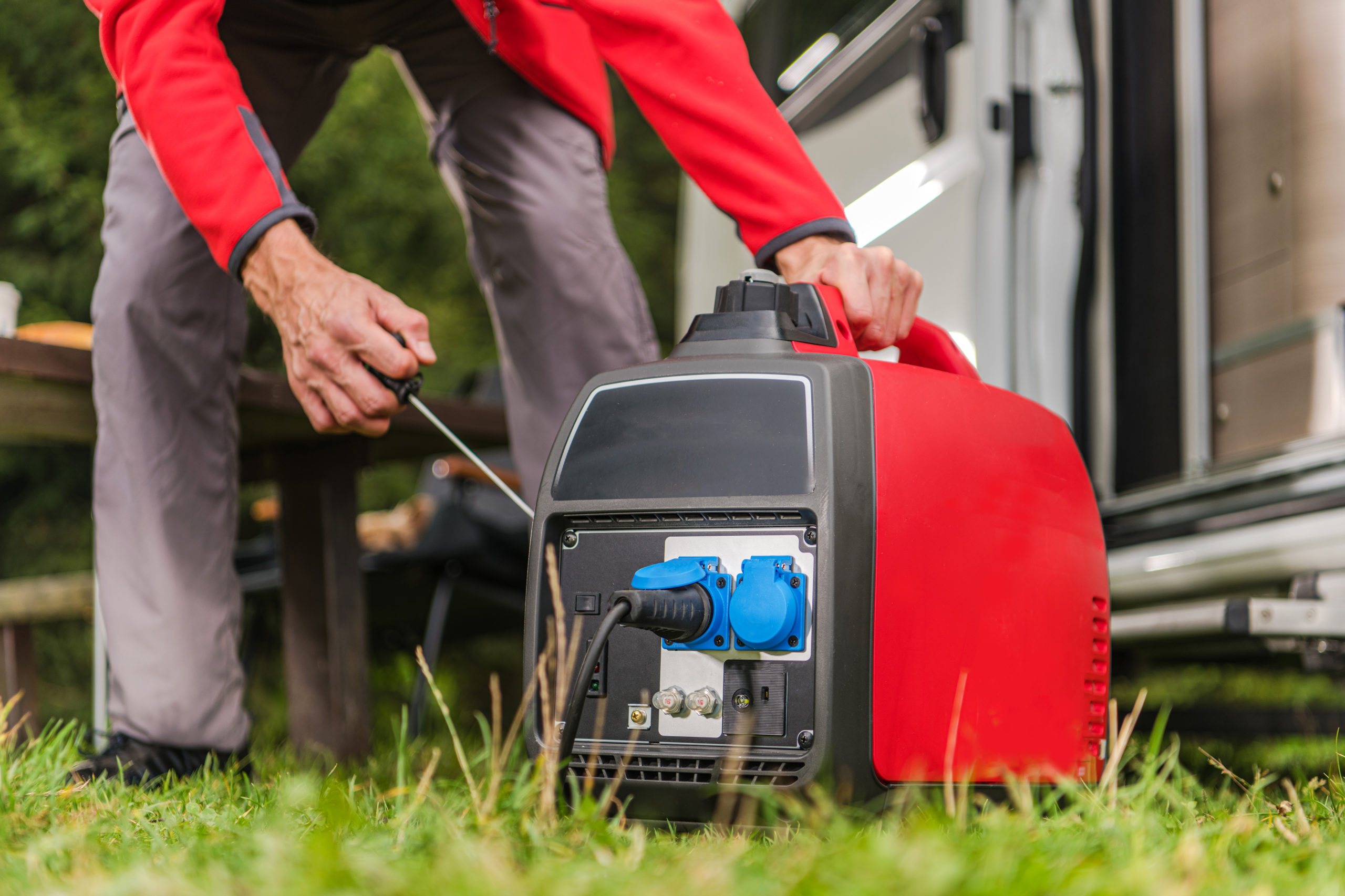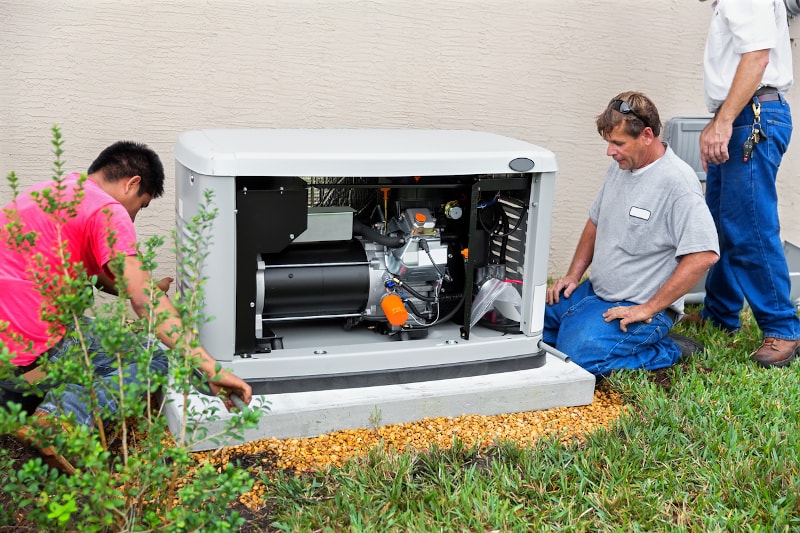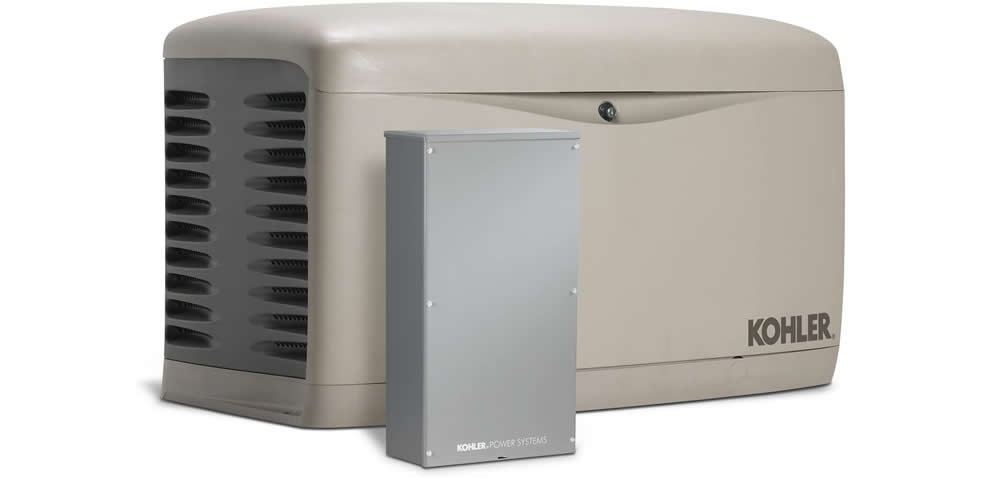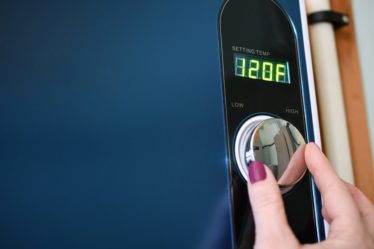
Whether it’s from a summer storm ripping through or a winter storm piling up snow, everyone is sure to lose power at one time or another. Though these outages may only last a few hours, it’s not uncommon to have a power outage last for days on end. So, you may be considering a standby generator to solve this problem.
If you’re considering buying a generator to keep your lights on when the power’s out, you need to consider a few things before buying. Today, we’ll explore the main factors to consider when shopping for a generator so you can make the right decision for your home’s needs.
Ensure you’re getting the right size generator.

Some homeowners have a generator installed to keep their home’s essential functions running, such as a few lights, refrigerator, and HVAC system. Other homeowners install a generator to carry on with their day as if nothing happened. Before you buy a generator, you’ll need to decide what you want it to power, whether it’s the essentials or the whole house. Remember, too large of a generator will needlessly increase the cost of your system, so be sure of your power needs beforehand.
The size of your generator should only be large enough to power what you want. You can check your appliances’ manuals for their rated wattage. Add the wattage of all the appliances and systems you want to run, then add a few hundred watts to accommodate the generator’s starting and running power. This is to get a rough estimate of your energy needs to prepare for the approximate cost of your new generator. A licensed professional can help you determine for sure what size generator you’ll need by providing a National Electric Code (NEC) approved load calculation.
Consider what type of fuel you want your generator to use.

Standby generators can run on various fuel sources, including natural gas, propane, and diesel fuel. If you choose a generator that runs on propane or diesel, you’ll need to prepare for large tanks to be placed alongside your new generator to provide it with a fuel supply. In addition, you’ll need a gas meter and gas lines installed to accommodate the generator if you want natural gas.
When making this decision, it’s best to consider the room you’ll have for fuel supplies, especially if you’re going with diesel or propane, the availability of your chosen fuel in your area, and the local cost of that fuel source in your area.
Decide where you want your generator to be installed.
This may seem like a trivial part of the process. However, that’s not the case. A standby generator is more or less a permanent installation at your home. It’ll be installed inside an enclosure somewhere outside of your home. This enclosure keeps the unit safe from the weather and helps keep its operation quieter. So, consider where you want the generator installed because it’s not as simple as picking it up and moving it later.
You’ll want it somewhere it won’t disturb your outdoor relaxation or indoor time. For example, it’s probably not the best idea to have a standby generator installed underneath your bedroom window. A professional can also help you find the best spot to install your generator if you’re having trouble.
Keep your lights on and your life moving with a standby generator.
Buying a standby generator is a big decision for many homeowners. However, it’s a decision worth making considering how convenient round-the-clock power is during a widespread outage. When you’re shopping for a generator, remember to consider how much power you need, what fuel to use, and where you want it installed. With these factors in mind, you can make the best decision for your needs.



